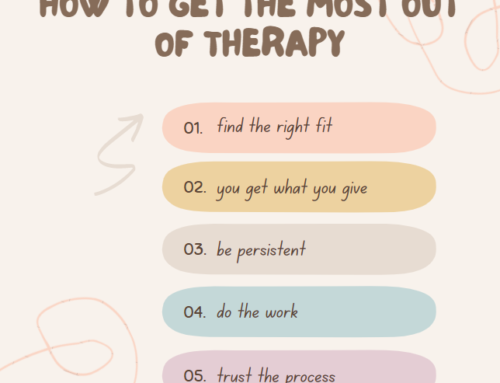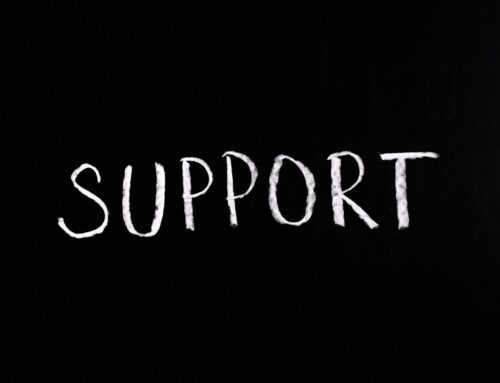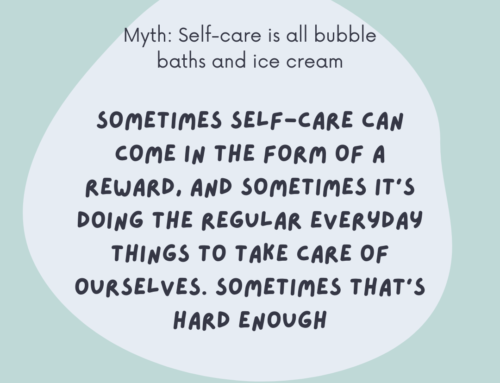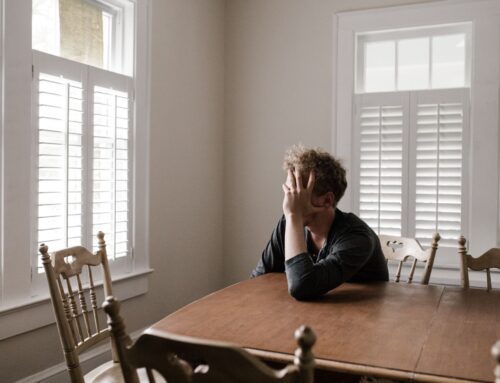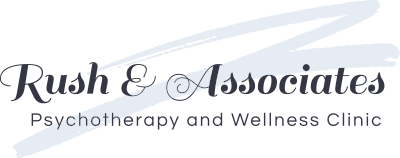Deciding to come to therapy can be scary and uncomfortable. I hope that by having open and honest conversations about mental health and therapy, we can reduce the stigma associated with asking for help. Maybe by sharing what you can expect when coming to therapy, it will make it a little bit easier:
- Therapy works best when you want to be here! There may be some instances where others encourage you to come to therapy (spouse, parent, court, etc), and therapy can be effective in those cases. Therapy isn’t what makes you feel better; you do. A therapist accompanies you through the process, and gives you the tools to empower yourself on your own healing and change journey. Therefore, therapy works best when you come willing and able to participate in the process.
- Sometimes things get worse before they get better. Therapy can sometimes feel a bit like poking the bear. It may be necessary to uncover old wounds and past hurts in order to heal them and move forward. It’s important to trust the process and know that you will be supported throughout the entire process.
- There is no judgment in therapy. Judgment and criticism can be found in many relationships; family, friends, and even yourself. Your therapist is interested in you, in helping you uncover why you make certain choices, or understanding patterns of behaviour. Your therapist is not going to judge anything you share or do in therapy. They may, however, seek to get to the root of self-judgement, and help understand why you are so hard on yourself.
- Lots of questions and lots of information. Your therapist wants to get to know you, and will have a series of questions about your family history, your health history, your current relationships and your presenting issues. This is also an opportunity for you to ask questions of your therapist: what approach do they take, what experience do they have, do they have an area of expertise, etc. There will also be time to discuss the logistical side to therapy, such as fees, billing, and the fact that the therapeutic hour is 50 minutes long.

